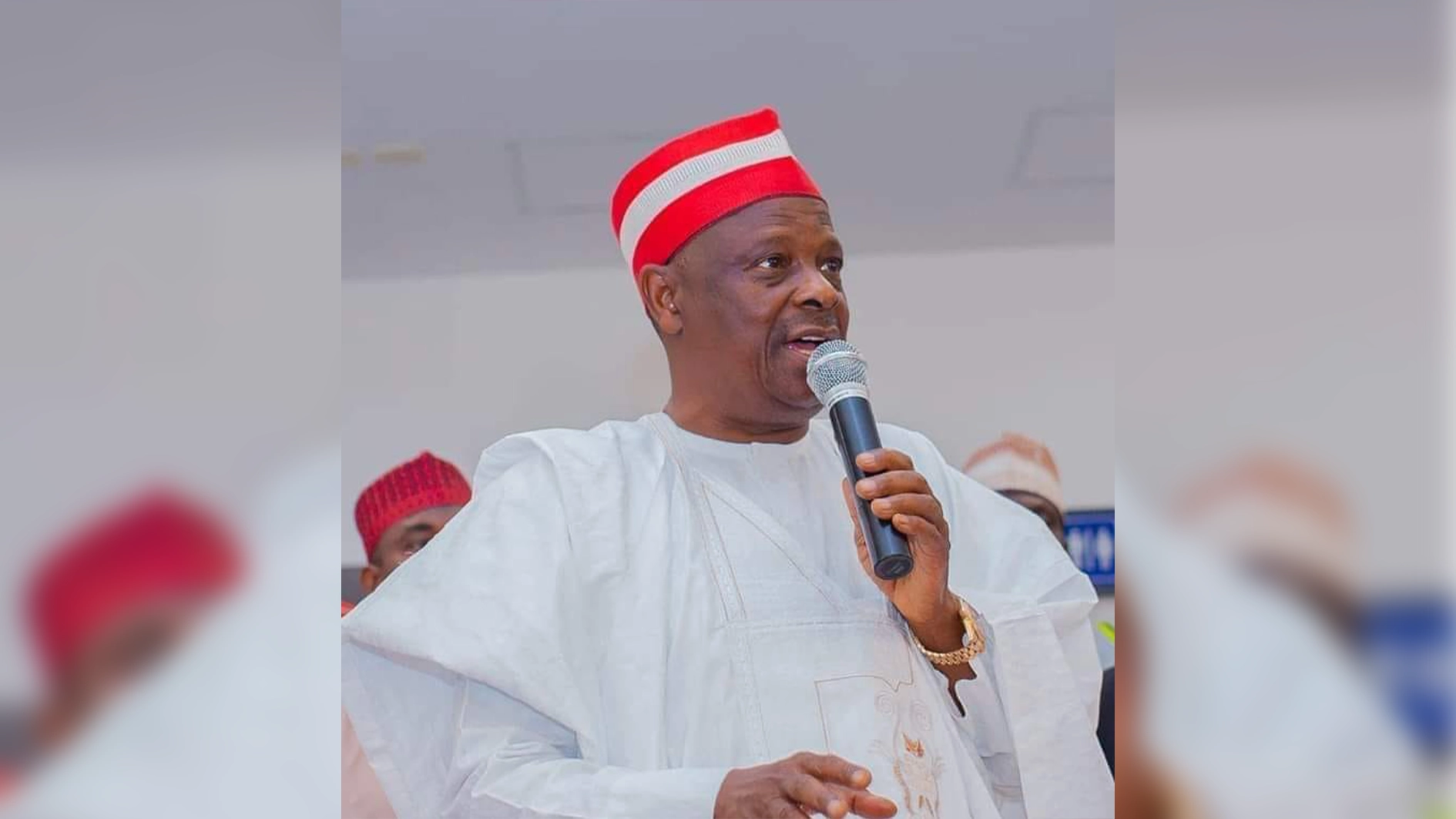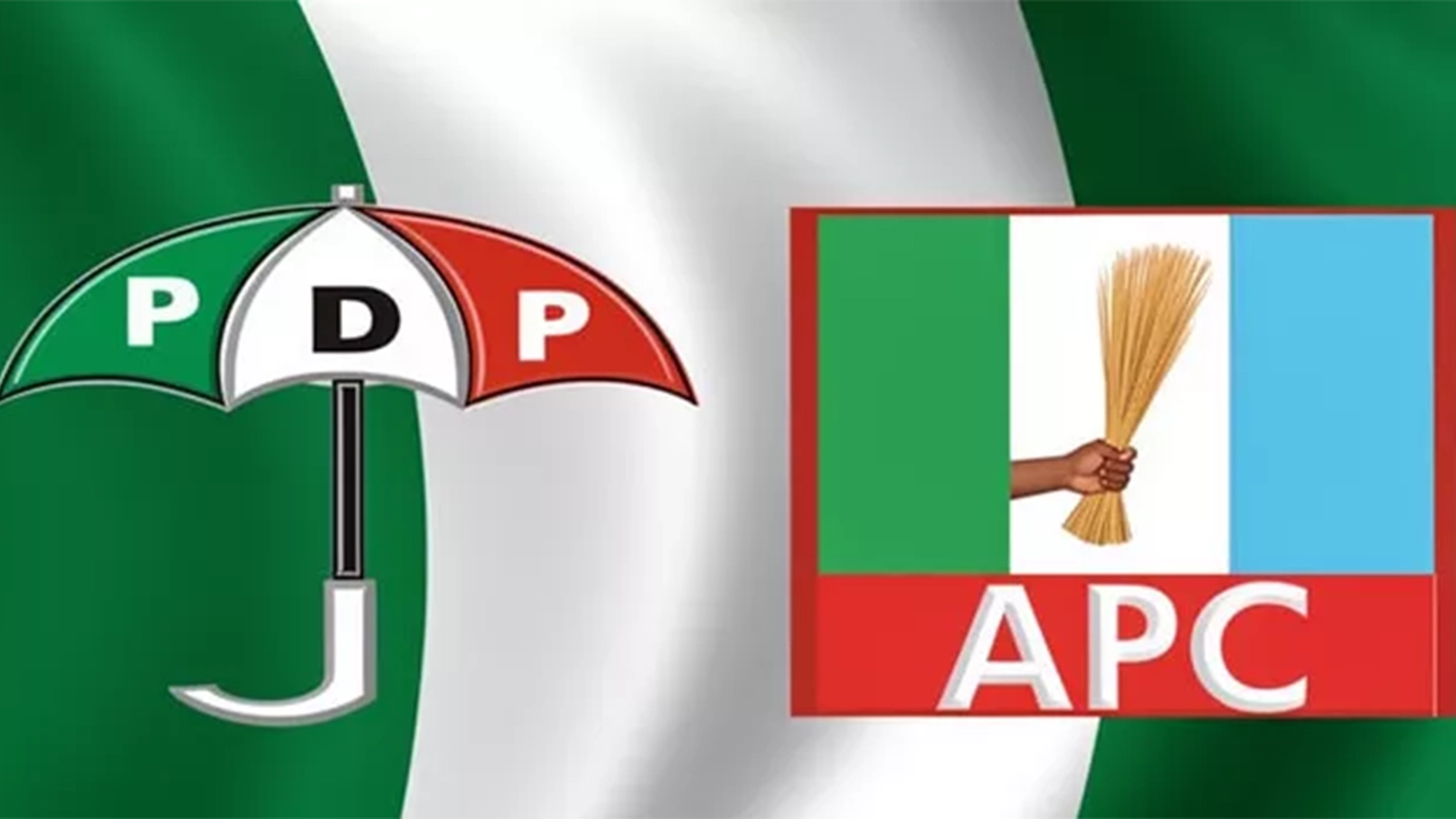
Exactly 23 years ago, precisely in January 1999, uneasy quietude pervaded the nation’s polity: Chief Olusegun Obasanjo was elected as the Presidential candidate of Peoples Democratic Party (PDP).
There was disquiet in the polity, as Obasanjo’s emergence contradicted general anticipation that, as the leader of the G34, which midwifed the formation of PDP, the second republic Vice President, Dr. Alex Ekwueme, should have become the party’s Presidential standard bearer.
Some PDP leaders from Southeast, including former Special Adviser to former President Shehu Shagari, Dr. Chuba Okadigbo, expected Ekwueme to instigate a revolt within the party against the perceived imposition of Obasanjo by the military high command.
Others blamed Ekwueme’s loss of PDP Presidential ticket on the former Governor of old Anambra State, Chief Jim Ifeanyichukwu Nwobodo, alleging that he carried over old antagonism between him and the former Vice President from their days in the defunct National Party of Nigeria (NPN) and Nigeria Peoples Party (NPP).
It should be noted that during the 1983 general elections, the NPN-led Federal Government powered Chief Christian Chukwuma Onoh to win the governorship of old Anambra State, thereby denying the then governor Nwobodo of a second term mandate.
At the PDP national convention in Jos, Plateau State, where the Presidential primary held, Nwobodo was said to have refused to step down for Ekwueme, when it became obvious to Southeast leaders that the two Presidential aspirants would split the delegate votes from their zone.
Nwobodo, who elected to deliver his closing appeal in hausa language, reminded northern delegates that they have nothing to fear about him, since according to him, he was one of them having been born in Lafia, in the North Central state of Plateau.
Consequently, after Obasanjo beat Ekwueme to the second place, many people at the Jos convention blamed Nwobodo for rejecting overtures from notable northerners, especially NPN members of Shagari government. Igbo delegates alleged that by speaking hausa, Nwobodo betrayed Igbo quest to produce the President after being denied a good opportunity by the military coup d’état of 1984 new year eve.
Consolation ticket
However, barely two weeks after Ekwueme and by extension Igbo, lost the PDP ticket, the national convention of All Peoples Party (APP) in Kaduna, threw up the first governor of old Abia State, Dr. Ogbonnaya Onu, as standard bearer. It was much like a consolation prize, because a former Igbo Presidential aspirant, Chief Emmanuel Iwuanyanwu, commended APP for looking towards the Southeast so that Nigerians could choose between two Presidential candidates from the South.
But, in a space of three days, the military high command in charge of the transition programme indicated that instead of leaving the contest open to the entire South, candidates for the Presidential poll are expected from any of the six states in Southwest geopolitical zone.
Following the lead, it was resolved that APP, which had won nine states across the country, should go into political understanding (loose merger) with Alliance for Democracy (AD), which returned all the six governors of the six Southwest states of Ekiti, Lagos, Ogun, Ondo, Osun and Oyo.
After talks with the APP national chairman, Senator Mahmud Waziri, leaders of AD asked ANPP to second its presidential running mate, Alhaji Umaru Shinkafi, to Chief Falae. Onu’s supporters cried foul, saying that the fact that the Presidential candidate was not in the meeting where the decision was taken, the arrangement would not hold, since according to them, AD should be a junior partner in the electoral collaboration based on its smaller of states.
Although it was obvious that a northern candidate would have given Obasanjo, the PDP candidate a little challenge, the APP protem national chairman, Waziri, ensured that his party selected its presidential candidate from Southwest in line with the national mood.
At the end of the day, the former governor of old Abia State in a statement explained that no sacrifice was too much for national unity and progress. With the AD/APP merger and Chief Falae as Presidential candidate, Nigerians looked forward to the clash between a former military head of state in PDP and former Secretary to the Government of the Federation (SGF) in the main election.
Another merger
AFTER relinquishing the APP Presidential ticket in 1999, 11 years later, Onu was elected the national chairman of ANPP, that is eight years after the party changed its name from APP to All Nigeria Peoples Party (ANPP) to accommodate members of the United Nigeria Democratic Party (UNDP) with which it merged.
If Onu’s elevation to the position of national chairman was in recognition of his sacrifice in 1999, it did not last long, because three years after mounting the saddle as chairman, ANPP went into another merger with four other political parties. The parties were Action Congress of Nigeria (ACN), Congress for Progressive Change (CPC), Democratic Peoples Party (DPP) and some members of All Progressives Grand Alliance (APGA) led by then governor of Imo State, Rochas Okorocha.
All those legacy political parties fused to form the current governing All Progressives Congress (APC), which defeated PDP in the 2015 general elections. Shortly after the party’s Presidential candidate in the election, General Muhammadu Buhari (retd) was sworn into office as President, speculations were rife that the former ANPP national chairman would be appointed the SGF.
That dream was however aborted, even as Onu was later appointed into the federal cabinet as Minister of Science and Technology. He was returned for a second time as minister on August 21, 2019, after President Buhari won a second term mandate.
As Nigeria prepares for another general election cycle, there have been agitations by people of Southeast to benefit from the 1999 scenario, which threw up presidential candidates of all political parties from the Southwest geopolitical zone.
A founding member of APC, Mr. Osita Okechukwu, had disclosed that the country should adopt the fourth republic model to solve the zoning controversies trailing preparations for the 2023 poll.
Okechukwu said the approach would help to assuage feelings of marginalisation and secessionist agitations in Southeast. He added that zoning the 2023 Presidency would also turn out to be President Buhari’s greatest legacy for preserving the unity and stability of the country.
Prominent political actors from Southeast have so far indicated their interest to contest the 2023 Presidency from the two big parties-APC and PDP-including the governor of Ebonyi State, David Nweze Umahi, from Onu’s home state of Ebonyi.
Other aspirants on APC include former Imo State governor, Okorocha, Senator Orji Uzor Kalu and Emperor Baywood-Ibe, even as the Minister of Employment, Dr. Chris Ngige, has announced that he intends to speak on his aspiration during the Easter celebration after consulting with critical stakeholders.
However, amid these jostling, nothing has been heard of the earliest Presidential aspirant from the zone, who is the current Minister of Science and Innovation, Onu.
Some Nigerians believe that Onu should be given the right of choice in the consideration of who flies the APC Presidential flag from the Southeast for the 2023 contest. Those who tip the former ANPP chairman for the prized ticket, say the man is at the centre of APC, from the ANPP flank and has been stable, unwavering, solid, without blemish as a loyal party man.
Also, some watchers of Southeast politics suggest that Dr. Onu’s name should stand out in the search for the APC Presidential ticket, noting that the man should “stand out, in a race where he was first and should remain ahead.”
Although the former governor of old Abia State is reputed as “quiet, soft-spoken and intelligent, but not even in anybody’s face,” his silence over the 2023 Presidential race has become a subject of public concern.
Opinions remain divided on why the man has remained somewhat indifferent in the jostle for APC presidential ticket, even as small ministers and non-starters associate themselves with the Southeast position. Some observers, including Ogbonnaya Obasi said being a serving Minister, Onu may be waiting for the right moment to join the fray so as not to hurt President Buhari’s sensibilities.
Nonetheless, the sentiment remains strong that Governor Umahi, who hails from the same Uburu community as the Minister was advised by APC leaders who were aware of Onu’s sacrifices in 1999, to join APC so as to acquire and reap from the Minister’s goodwill.
Like Onu, who is a Fellow of Nigerian Society of Engineers (FNSE), Umahi is also a fellow, but while the governor is a civil engineer, Onu studied Chemical Engineering.
Sources in APC also confided in The Guardian that the governing party plans to field a younger candidate in the 2023 poll in line with President Buhari’s promise to Nigerian youths in 2018, when he signed into law the bill on Not-Too-Young-To-Run for youth inclusion in governance.
By December 1, 2022, the Minister of Science, Technology and Innovation would be 71, which means that in the election year 2023, Onu would be 72. As at 2015 when he contested and won the Presidency, Buhari was 73. The President has been complaining that age limited his capacity to deliver the goods to a great extent.
Could the age factor, therefore, be the constraint to Onu’s practical interest in the Presidency? Having been a constant political companion of President Buhari, could it be that the President was referring to Onu, when he told his interviewers that he won’t reveal his preferred candidate? How would the party handle the fact of Umahi’s entry into the party and control of the APC structure in Ebonyi State?
Some of these posers, especially Dr. Ogbonnaya Onu’s interest or otherwise in the 2023 Presidency would receive their answers after the APC Caretaker/Extraordinary Convention Planning Committee (CECPC) inaugurates the state party chairmen on February 3 on the way to the party’s national convention in Abuja.






